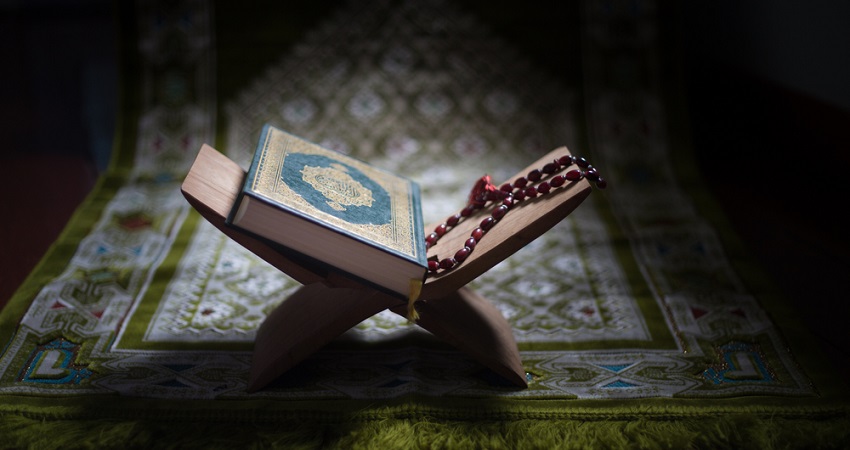TV channel licensing fees can amount to around 1 million Qatari riyals in the country.
Qatar’s first Quran television channel has stopped broadcasting due to a shortage of finance, the director of the channel said.
Dohat Al-Quran pulled in some five million viewers across the region since its launch in 2020.
However, director Youssef Al-Shaibani reportedly told Al-Sharq that the decision was made because the network’s financial backing had ceased.
The channel had previously received financial backing from a charitable organisation following its inauguration, but was shut down just a year later. A private donor covered the broadcasting costs for six months, including the renting of a satellite and the channel’s headquarters, as well as employee wages.
Staff had continued to work unpaid “in the hope of being paid and rewarded in the service of the Book of God, The Almighty,” according to the report.
However, it is unclear whether the employees will be financially compensated for their work in the future.
The primary expense, according to Shaibani, was the renting of the satellite, which ran roughly 50,000 Qatari riyals ($13,732) every month. The possibility of the channel closing down was first mentioned in January.
The channel broadcasts from Turkey and it is not registered in Qatar and therefore there is no bank account for the collection of donations within the country.
Shaibani stated that he wished to be present in Qatar, but when he contacted the authorities to launch the headquarters in Doha, he was surprised with the licensing fees, which amounted to one million riyals.
This is in addition to the presence of periodic renewal fees of QAR 350,000.
“I hope that the channel will be exempted from paying the license fee, which is one million riyals, especially since it is a completely non-profit channel and does not broadcast advertisements, and aims only to serve the noble Quran,” he told Al-Sharq in a statement.
He believed that the closing of the channel was “disappointing” because the station was becoming more well-known in the Arab world, especially because it included unique recordings of up-and-coming reciters reciting the holy scripture.
Shaibani said he turned down a request from a Christian charity based in the US to pay the channel’s operating expenses. The donation offer came from an American singer, and entailed a monthly amount of QAR 150,000.
“I refused to take the request in fear for the image of both Arabs and Muslims.”







